The Games We Play: What the Paste Team Is Playing This Week
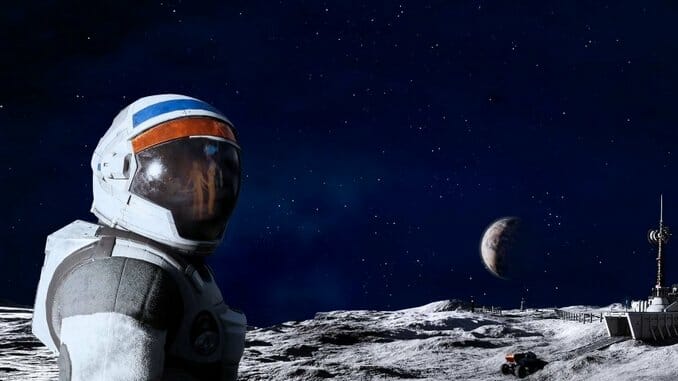
Every Friday Paste’s editors, staffers and games contributors share what they’ve been playing that week. New games and old, TV and tabletop, major hits and wild obscurities, action-first knuckle-busters and slow-and-stately brain-stokers: you can expect it all, every week, in The Games We Play.
The House in Fata Morgana
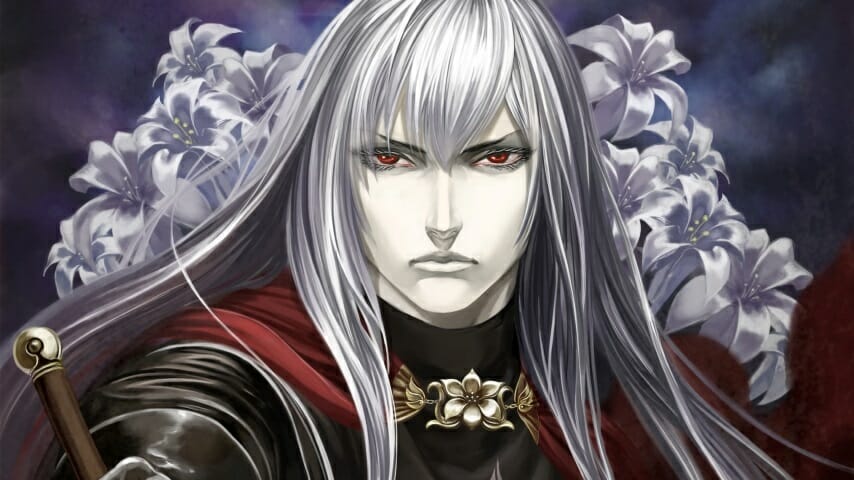
Platforms: PC, iOS, 3DS, Vita, PlayStation 4
What is probably my favorite story in the entire medium has received a good amount of attention in the last few days. I’m not sure if it’s for a bad reason. A certain crowd has faked outrage over a localized line in which a woman refers to a man’s fragile ego, which is ironic given the themes at the core of The House in Fata Morgana. What seems like a mysterious, Gothic romance is, in many ways, exactly that: a tale filled with revelations, horror, and suspense. Yet it’s also so much more. It is perhaps the most emotionally moving exploration on the construction of gender, the sadly everlasting bigotry of society, and the importance of being true to the person one wishes to be that I have known. It is a tale as visually beautiful as it is empathetically resonant. It is about queerness and, specifically, the people who fall outside the margins of what society deems normal. It is about hate and love; abuse and survival; despair and hope. I appreciate any excuse to revisit this game because it has been months since I played it yet I think about it every single day. I will probably think about it for the rest of my life. I can’t recommend it enough if you love games like NieR: Automata or Umineko No Naku Koro Ni—games whose stories you slowly pick away like the petals of a vibrant rose; whose writing is so exquisite that it’s almost maddening; whose gorgeous music feels like it tells a story of its own.—Games Contributor Natalie Flores
Steamworld Heist
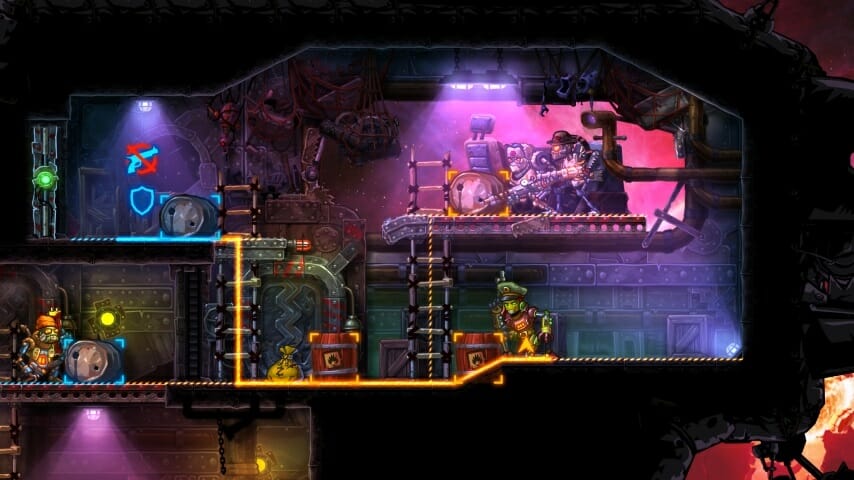
Platforms: Switch, PlayStation 4, PC, iOS, Mac, Stadia, 3DS, Wii U, Vita, Linux
I believe I first stumbled on Steamworld Heist as something thrown into a random Humble Bundle I had purchased months earlier—certainly, I hadn’t yet played predecessor Steamworld Dig at that point, nor did I know anything about the game’s robot-western aesthetic. But its combination of quirky visuals, hilarious dialogue and turn-based combat quickly won me over, and it’s a game I’ve returned to play several more times since. The gameplay is simple, but expertly balanced, with a very fair sliding difficulty scale with higher levels that reward the player’s steady mastery of its physics-based shooting system. There are few things more satisfying than lining up an extremely tricky shot, bouncing a bullet off two surfaces, and landing it in an explosive barrel placed next to your foes, blowing them to bits. The central shooting mechanic would have been good enough to prop up the game on its own, but throw in a bevy of classes with unique abilities and weapons, and you’re truly able to customize your robotic boarding parties to suit your play style while enjoying a humor-infused setting that is very much like a robotic spin on Firefly. Moreover, a banger (clanker?) of a soundtrack from steampunk band Steam Powered Giraffe perfectly sets the mood, paying off big moments with comical theatricality. This is a game that could definitely use a proper sequel at some point.—Staff Writer Jim Vorel
RPG Maker MV
Platform: PC
After finishing Final Fantasy 7 Remake, I was tired. And I didn’t want to play games.
I’m in the middle of a massive Nier: Automata replay. I’ve thought about toying with Mordheim, or any of the multiple From Software games I have installed. But I haven’t done it. I haven’t wanted to meaningfully duck back into Animal Crossing: New Horizons either.
So I opened up RPG Maker MV.
I made a game once, a graphic adventure in HyperCard—finished just days before Myst released. It was some of the most fun I’ve ever had. But since then, I really haven’t tried.
But Colin Spacetwinks gave me a code for VX and I loved it enough to pick up the follow up release. I’ve made five bad minutes of a dungeon crawler, 10 minutes worth of a cyberpunk RPG where character stats became cyberdeck ratings, and armor, weapons and accessories became software and mods. It’s also pretty bad.
I’ve abandoned every project I’ve started so far.
Turns out, making games is hard.
Who knew? I’m kidding of course, I always knew making games was hard, but you really don’t know how much it’s like being your mom getting thrown into Dark Souls, until you hit the same game ending design problem from three different angles. But like Dark Souls, RPG Maker is fun and progress comes with experience. It takes a lot of the bricks out of the game development suitcase with drop-in actions, prepackaged art and music, and a wealth of plugins to modify the core system in often astounding ways.
This week, I picked up a weird little creepy game I started and stopped work on months ago, well before COVID shut everything down. It’s not great, it’s not even good. God, is it bad? Probably. But I’m having a blast picking away at it in small chunks. Making notes on my phone of things to add in later, making maps and scripting events. I think I’ll finish this one, and maybe it’ll never see the light of day beyond this tiny little clip of me testing it.
Regardless, it’s given me an enhanced level of respect for what my game developer friends have to go through, the dueling elation and exhaustion. It’s been over 20 years since I’ve made a game, but RPG Maker is giving me the verve to try finishing another one.—Games Contributor Dia Lacina
James Bond 007: Nightfire
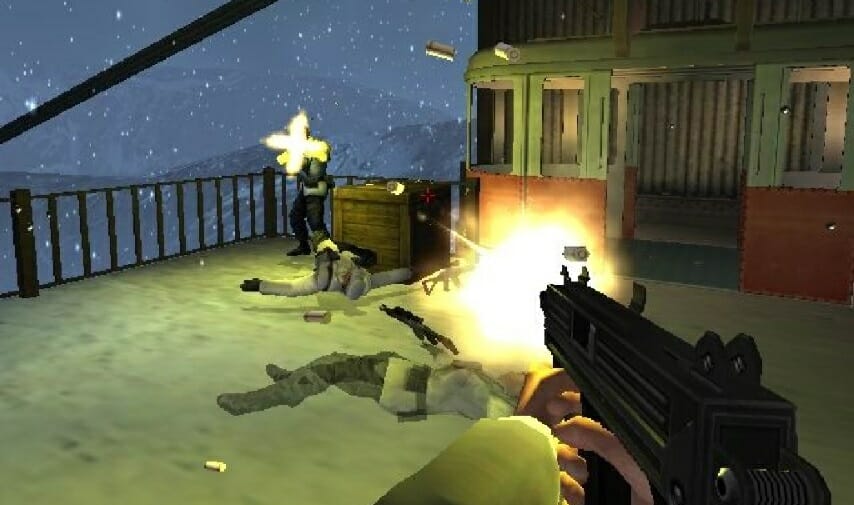
Platforms: PlayStation 2, GameCube, Xbox, PC
A lot of first-person shooter games can be intimidating in their intense storylines and complicated controls—especially for someone like me who grew up on mostly Nintendo classics, sports games and Guitar Hero. But even a relative novice can find something to love about the James Bond series. After a 10-year hiatus from any James Bond games, I decided to pick up Nightfire (2002) for Gamecube and see if I was still a decent shot. Turns out I was really rusty, but that meant I wouldn’t blow through the few dozen single-player missions too quickly (though there are three modes of difficulty in case you do). It’s refreshing to see shoddy graphics and simple gameplay, and since I was used to the multiplayer mode with friends, it’s nice to not have to worry about others breaking gaming etiquette via screen watching. Mission tasks include blowing up cars, intercepting nuclear launch codes, retrieving briefcases and, more broadly, foiling various international crime plots—you know, all the things I would be doing if this quarantine wasn’t keeping me home.—Assistant Music Editor Lizzie Manno
Deliver Us the Moon
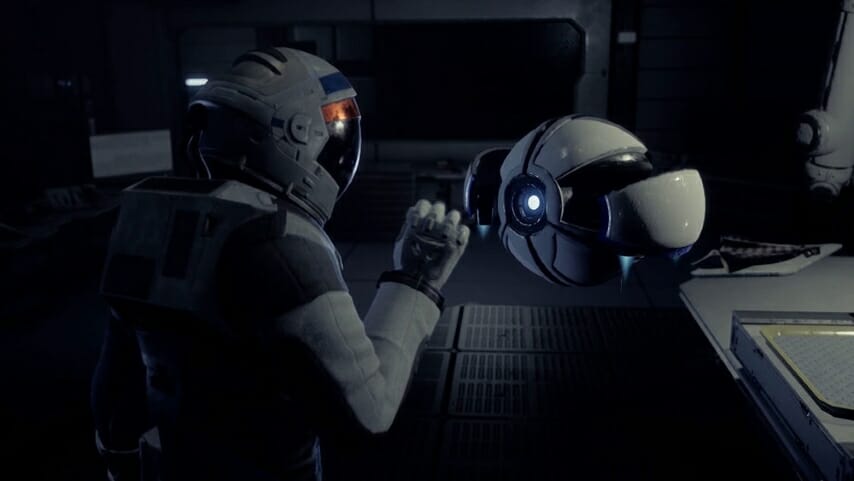
Platforms: PlayStation 4, Switch, Xbox One, PC
If you couldn’t get enough of sad, sappy space stories in the movie theater (you know, when those still existed), Deliver Us the Moon is here to deliver one to your game box. Fortunately KeokeN Interactive’s adventure game is more Gravity than Ad Astra on the quality scale—meaning it’s pretty alright. The movie analogy fits because Moon has the pacing and tension of a well-crafted thriller, albeit one you get to plod around within as you try to solve various problems and overcome all manner of impediments. It’s all framed within a story of environmental collapse and mass extinction, balancing both species-level threats with specific and personalized human drama. It makes some narrative and mechanical missteps, and isn’t necessarily interested in how much you’re enjoying yourself; that shows confidence and conviction, but doesn’t necessarily make this something you’ll be desperate to jump back into when you aren’t playing it. Still, you might find it creeping into your thoughts when you don’t expect it, its mysteries, sorrows and grandeur calling back to you while you’re watching Criminal Minds reruns on Ion, or whatever it is you do in your spare time. (Don’t worry, I’m not judging you—we all gotta relax somehow.) Deliver Us the Moon doesn’t stick its landing as well as Armstrong and Aldrin did, but if you’re looking for a sci-fi game that’s a little more thoughtful and contemplative, it’ll be waiting for you.—Senior Editor Garrett Martin
Bloodborne
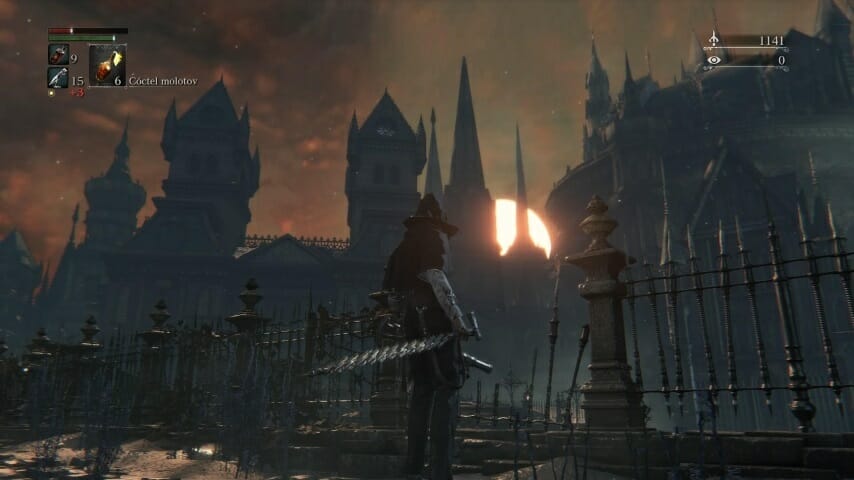
Platform: PlayStation 4
I took a break from this title to experiment with a few other third-person RPG’s, but Bloodborne is a hard game, no way around it. It couples precise dodging mechanics with quick enemies that can have some (seemingly) unpredictable attack patterns. I have to coach myself through it, but now I’m shell-shocked to roll at even the slightest twitch of aggression from an enemy. Boss fights toughened me up when I embraced the fact that I’d have to dodge toward the monsters to find an opening. Rally is a life-saver, and even though I still don’t know how to make full use of Bloodtinge or Arcane weapons, I don’t need them to thrust everything with Ludwig’s Holy Sword. Seriously, with proper Weapon and Blood Gem Fortification, the Holy Sword can feel like swinging a really sharp tree trunk. Pro tip: Bloodborne’s score is intense and integral to the mood, so if you play in silence, it’s much less intimidating.—Editorial Intern Jarrod Johnson II
Magic: The Gathering Arena
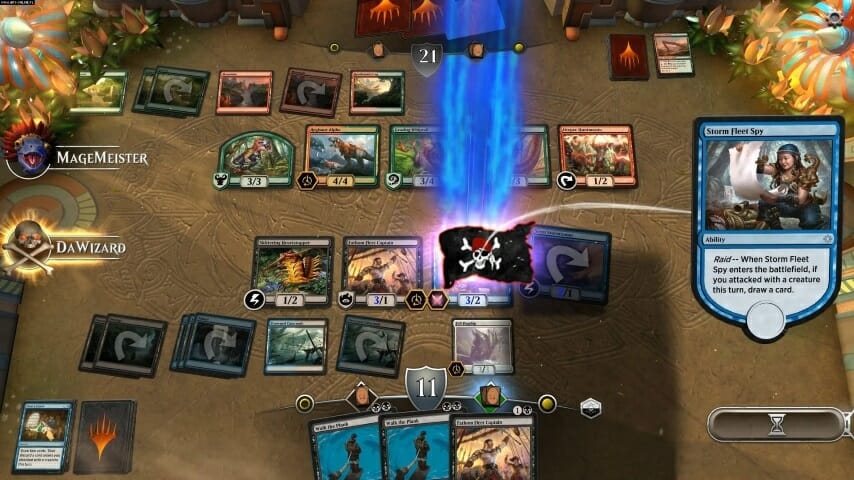
Platforms: PC, mac, iOS, Android
The days of the week are meaningless and the workday has become a nebulous concept. The pandemic has warped basic concepts of structure, which means my gaming life has turned to areas of rigidity and rules. Magic: The Gathering Arena has all the strict and nerdy rules you could want in a free-to-play, addictive, and inventive format that encourages imaginative play within some nicely bound confines. Since a new card set just dropped (featuring the kaiju of the Godzilla-verse, no less), it’s a good time to hop on board and start tapping lands. Plus, I can knock out my daily quests at the same time as my satisfying Animal Crossing chores.—TV Contributor Jacob Oller
Prince of Persia (2008)
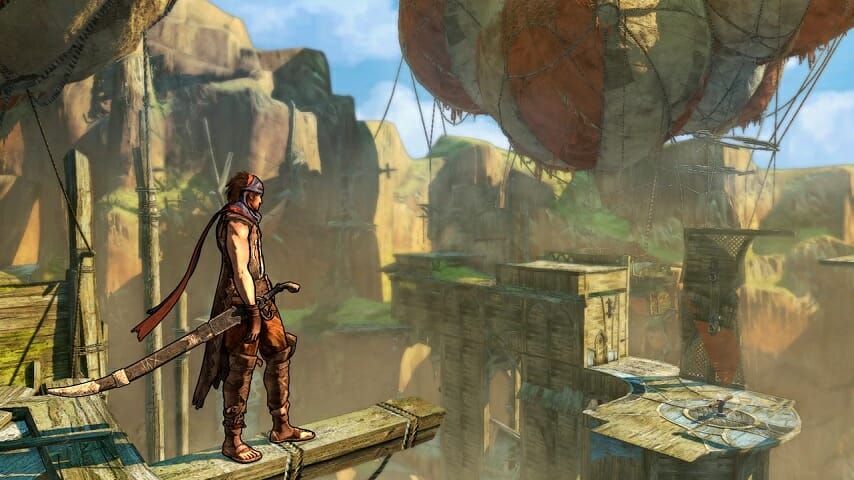
Platforms: PlayStation 3, Xbox 360, PC, Mac
Prince of Persia 2008 feels like a story told around a campfire. The narrative is full of holes and the characters just exist—the prince emerges from the desert into a new narrative as if his only capacity for existence is predicated on external struggles of mystical proportions. And the cel shaded graphics feel like a vision yet to be filled in, a story that is always changing and eager to be changed—there are no rough edges so it all feels malleable.
I don’t know what brought me to start playing this game in 2020. But I am glad I did! Prince of Persia 2008 is fantastic. The overall aesthetic is gorgeous with the graphics and themes mentioned above set to an often beautiful score. And the platforming is a blast that never really challenges but always makes one feel empowered. There is a fluid language to every movement. While the combat is “showy and not very much else” in a very 2008 way, it is few and far between. The core characters are endearing enough, and my favorite part is how Prince of Persia treats the camera as more than a player function. Perspective means something, it holds thematic sway and how the game ends really hits it home. From the open-ish world layout to hunting down orbs, this bright game has been a balm on another dark week.—Games Contributor Cole Henry
Streets of Rage 4
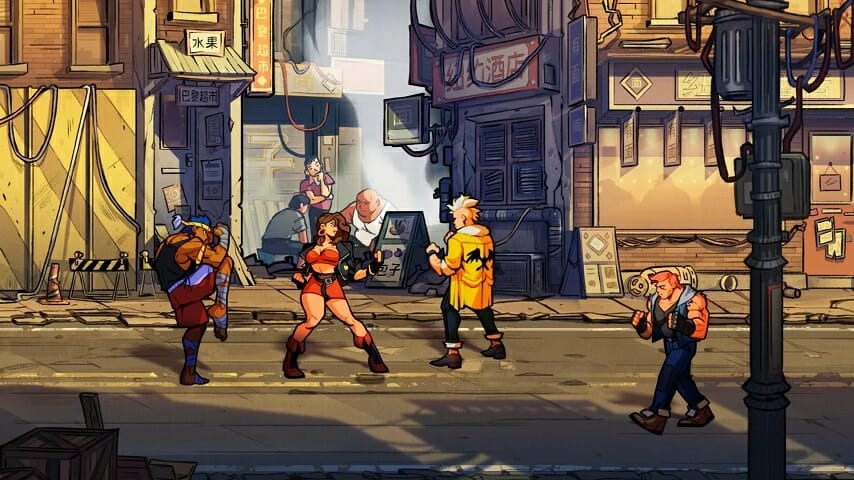
Platforms: Switch, PC, PlayStation 4, Xbox One
I’m a child of the ‘90s, so gritty and over-the-top beat-’em-ups were my arcade bread-and-butter during my junior high years. Final Fight forced my parents into bankruptcy due to my senseless quarter pumping. But I have to admit that Sega’s Streets of Rage franchise is still the king of the genre. This is proven yet again with the brand new Streets of Rage 4. It’s essentially a nuts-and-bolts old-fashioned beat-’em-up with colorful and smooth eighth generation cartoon graphics. There aren’t any unnecessary combos, crafting, RPG elements, open world mechanics, or other gimmicks to “modernize” the series. The goal is to keep moving right while kicking ass until your life meter expires, and that’s good enough for me.—Movies Contributor Oktay Ege Kozak
Tyranny
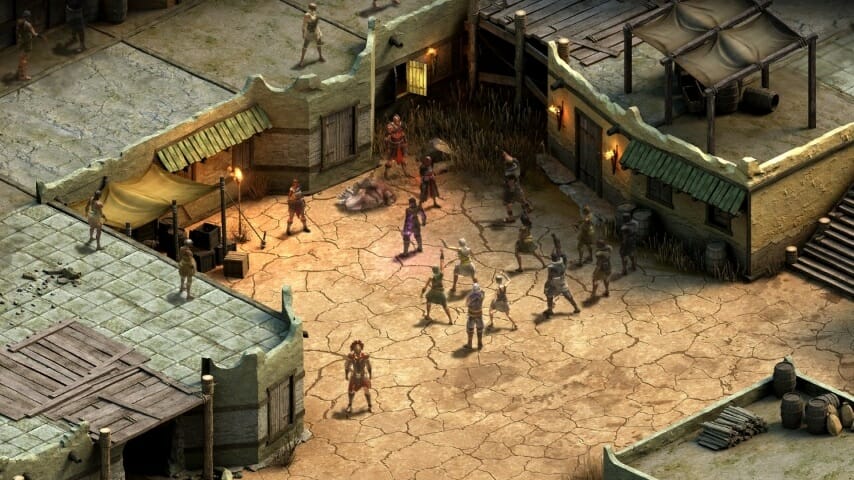
Platforms: PC, Mac, Linux
Contrary to many, I love playing choice-based games as an evil, attitude-heavy jerk. I reveled in my bitter city elf poisoning the Sacred Ashes upon my first Dragon Age: Origins playthrough, and though I couldn’t resist playing Disco Elysium as a drug-addled, party obsessed communist on my first blind run, I’m eager to get back to it and go full fascist just to see how deep the rabbit hole goes. For that reason, Tyranny is pretty much my shit, given you’re really just picking what kind of vile expansionist pawn you are.
It’s a bit different from how I typically like my chaos in games—usually, I enjoy playing a spiteful anti-establishment asshole who simply hates the world they live in and all the lore surrounding it, the type who’s scummy because everyone else is scummy and they’re just beating them to the punch. In Tyranny, you are the establishment, playing a character who’s essentially a judge serving a justice-obsessed, mega-powerful sage capable of razing entire nations with a simple decree. You’re the law, and you go around settling disputes in mostly bloody manner.
The combat does blow, being your standard repetitious and unengaging CRPG fare, but the depth of the interweaving factions offers some of the best dialogue-focused gameplay I’ve encountered in RPGs. I’m playing a monk who specializes in buff spells, which is pretty rad even though I’m really not enjoying battles whatsoever, but more interestingly he’s pretty heavily aligned with the Scarlet Chorus, is a Disfavored hater, and is a big fan and ally of Sirin, a sage capable of hypnotizing conscripts into slavish submission (I mean, her name is Sirin). I worry the game’s intent may be lost in heaps of exposition, but for now, I’m having fun being the villain.—Editorial Intern Austin Jones